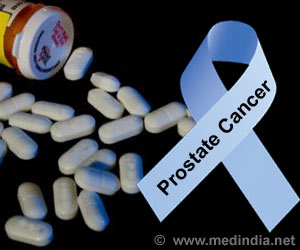An Indian origin scientist and his team have found that in both cell lines and mouse models, grape seed extract (GSE) kills head and neck squamous cell carcinoma cells, while leaving

"It's a rather dramatic effect," said Rajesh Agarwal, PhD, investigator at the University of Colorado Cancer Center and professor at the Skaggs School of Pharmaceutical Sciences.
It depends in large part on a healthy cell's ability to wait out damage, stated Agarwal.
"Cancer cells are fast-growing cells. Not only that, but they are necessarily fast growing. When conditions exist in which they can't grow, they die," he explained.
Grape seed extract creates these conditions that are unfavorable to growth.
Specifically, the study found that grape seed extract both damages cancer cells' DNA (via increased reactive oxygen species) and stops the pathways that allow repair (as seen by decreased levels of the DNA repair molecules Brca1 and Rad51 and DNA repair foci).
Advertisement
Again, the grape seed extract killed the cancer cells but not the healthy cells.
Advertisement
The Agarwal Lab hopes to move in the direction of clinical trials of grape seed extract, potentially as an addition to second-line therapies that target head and neck squamous cell carcinoma that has failed a first treatment.
The finding was published this week in the journal Carcinogenesis.
Source-ANI














